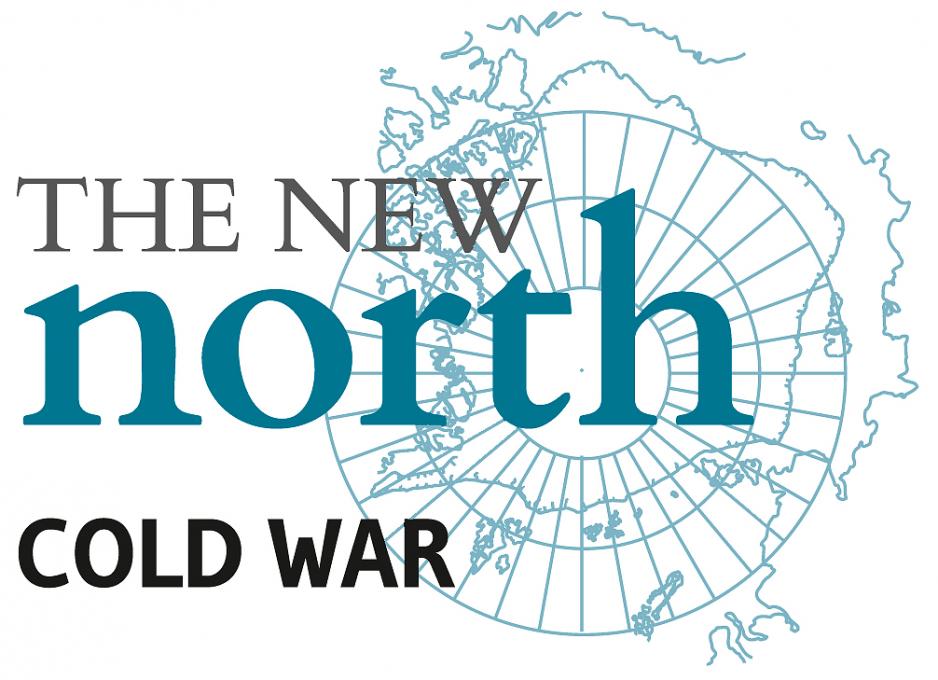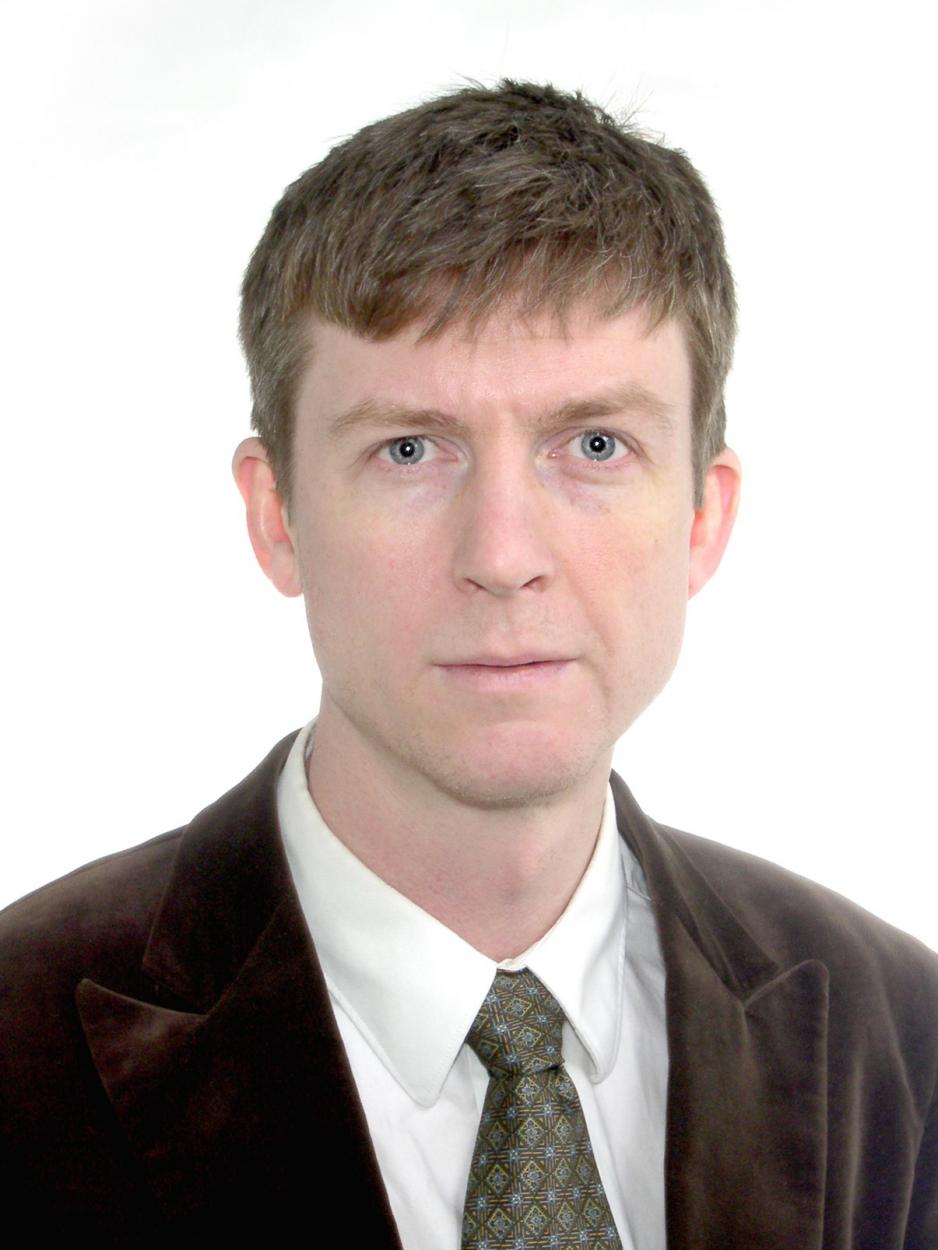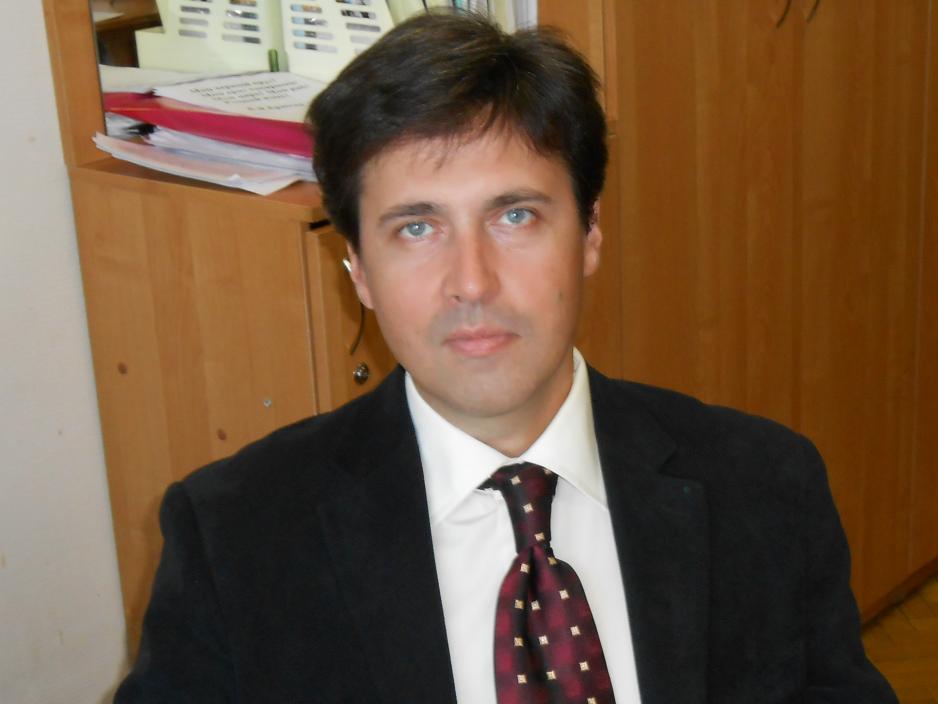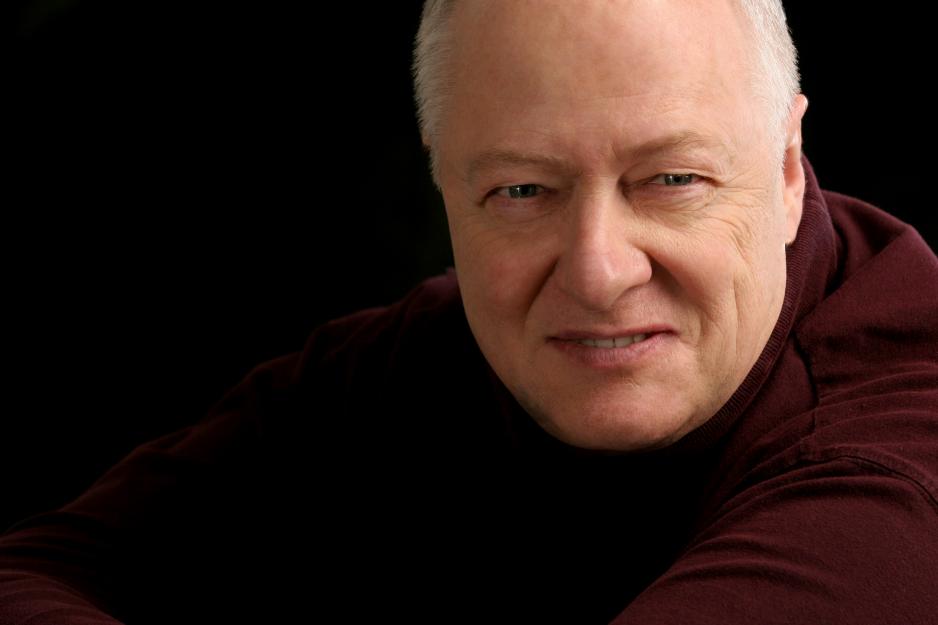A new Cold War will have huge consequences in the Arctic
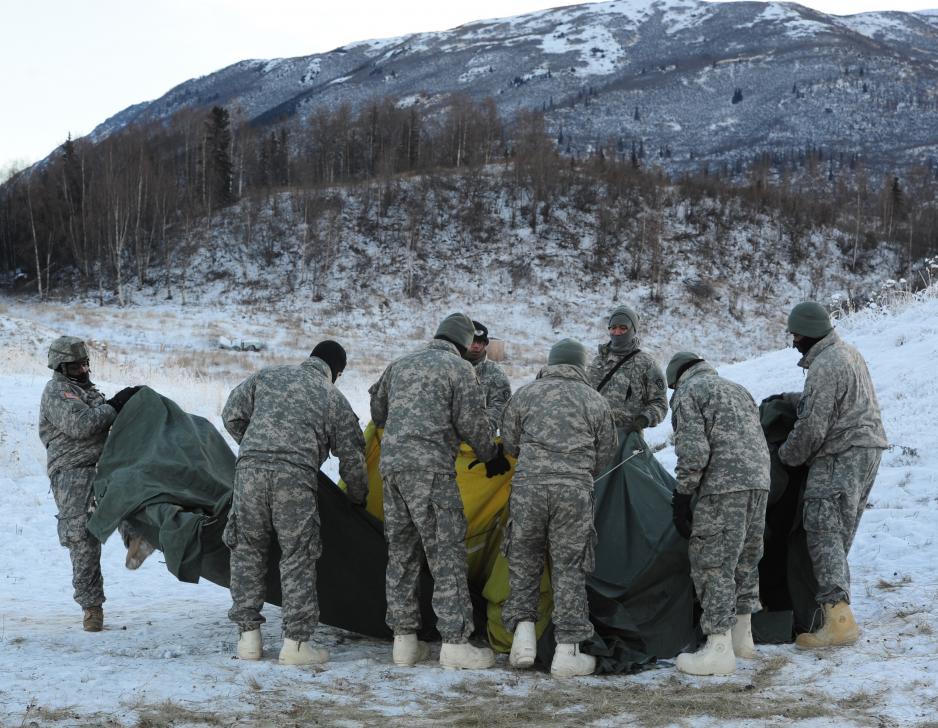
-If relations with Russia sour to the extent that Russia withdraws into an armed shell, as the USSR did, the new situation will have repercussions for the Arctic region.
Read Norwegian version here.
Gerald Stang, Senior Associate Analyst at the European Union Institute for Security Studies (EUISS) in Paris, does not think that we are heading towards any new Cold War – but what if? What would the consequences be? (Click here to read the articles we have published so far in this series.)
Would slow down shipping
-Even as the sea ice continues to melt, progress on opening shipping lanes, notably the north-eastern route to Asia, will slow due to security concerns on all sides regarding shipping along Russia’s northern coast, Stang says.
-Progress made on environmental and economic cooperation in the Arctic may also come to a halt, as either side uses the institutions of northern cooperation to make political statements in a wider standoff.
Increased military investment
And while most of the Arctic would have few tactical and strategic targets of value (see also Heather Exner-Pirot's article on Arctic conflikt theory) , military investment will pour into the North, bulking up defences against strategic nuclear threats.
As unlikely as this scenario is, continued efforts to calm tensions and keep Russia engaged and reasonable will be required, concludes Gerald Stang.
Information and economics
Oleg Aleksandrov, Associate Professor at MGIMO, Moscow, says it is about information and the economy:
-The modern Cold War manifests itself in the spheres of information and economics. It would disrupt established economic relations and complicate long-term projects.
The renewed cold war may have a negative impact on the implementation of joint business projects. This does not mean that projects would be abandoned. I only mean that increasing political risk would affect economic projects.
So far away – and even further from Toronto
Former Premier of Yukon Territory in Canada, Tony Penikett, states that Canada is so far away from Russia that he “cannot think of any one large cooperative scheme between Russia and Canada”.
We have cooperation on the Arctic shoreline, as there is a realization that Russia is a neighbor across the North Pole. We thus need cooperation on circumpolar affairs. However, these dimensions are limited on a local and regional level, given that the distance to Russia itself is vast, Penikett says to High North News.
Important role for Canada
-Naturally, Canada held an important position for security issues during the Cold War, with the DEW line and the warning systems developed with the US. Canada thus surrendered territory to the US and allowed submarines to operate in its territory, without the capability to hinder this activity even in the event it would want to.
This situation still exists today, as Canada is completely dependent on its allies (NATO/NORAD), and cannot conduct large-scale military activity in the Arctic. In turn, Canada is more concerned with managing its own domestic Arctic, than potential threats deriving from Russia.
Compared to Norway, size therefore matters. The distances in the Canadian Arctic, combined with a sparse population, makes it difficult to involve Russian issues or cooperative efforts, Tony Penikett says.
--
Gerald Stang is Senior Associate Analyst at the European Union Institute for Security Studies (EUISS) in Paris.
Oleg Aleksandrov is Associate Professor at the University of MGIMO in Moscow, Russia.
Tony Penikett is a Negotiator, Former Premier of Yukon Territory, Canada, and a Visiting Professor at Simon Fraser University, Vancouver.
Don´t miss the upcoming articles in our New North series – sign up for the newsletter:
